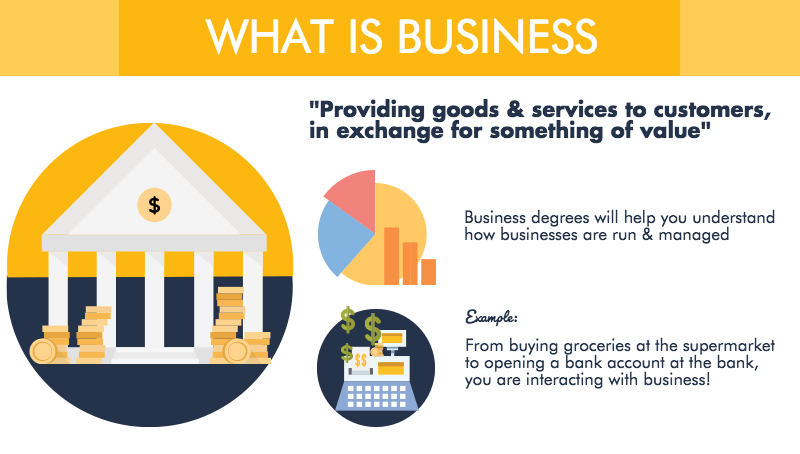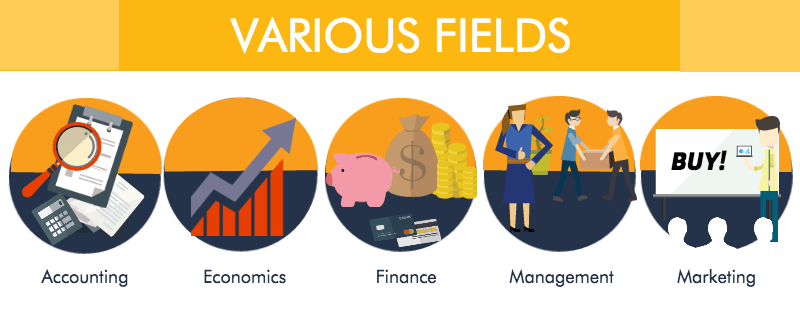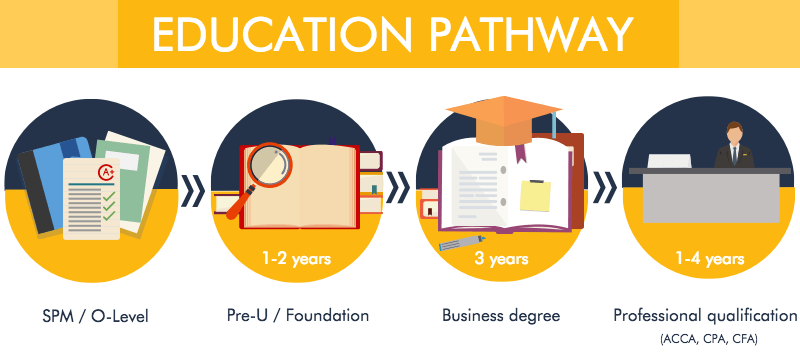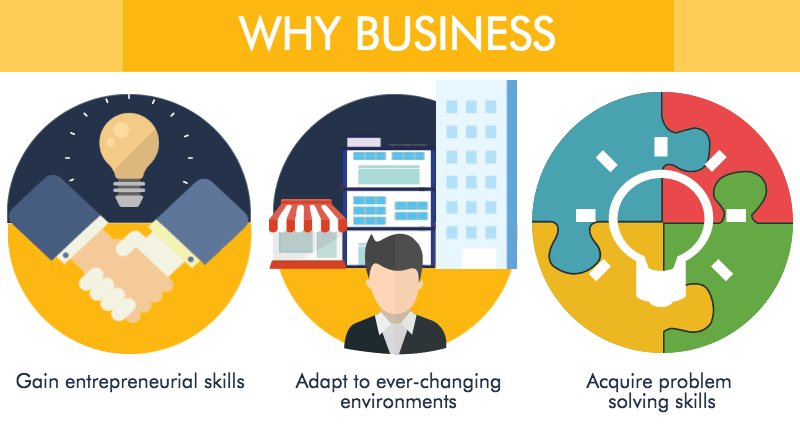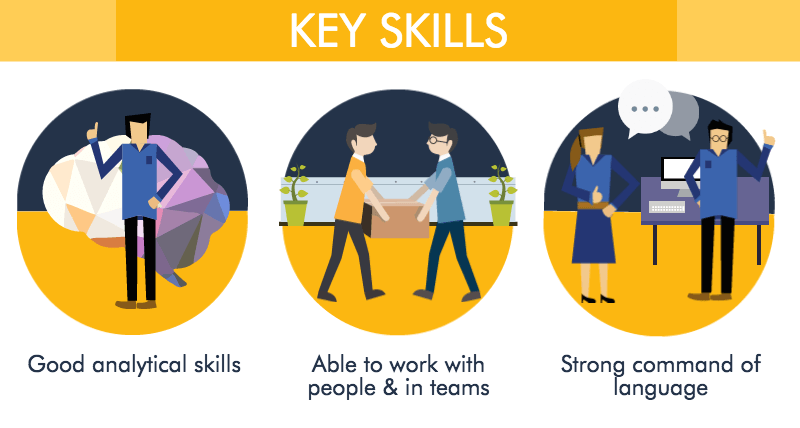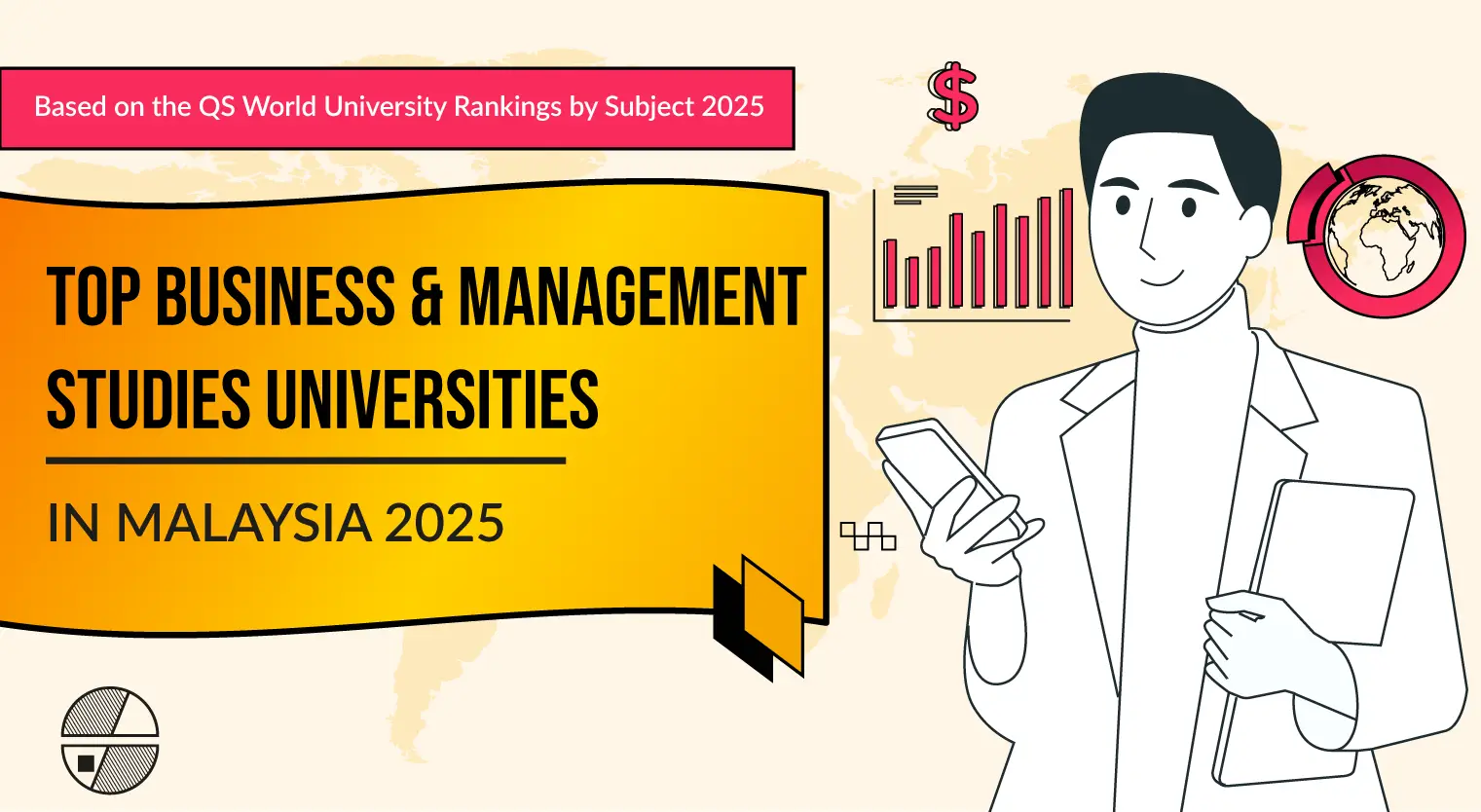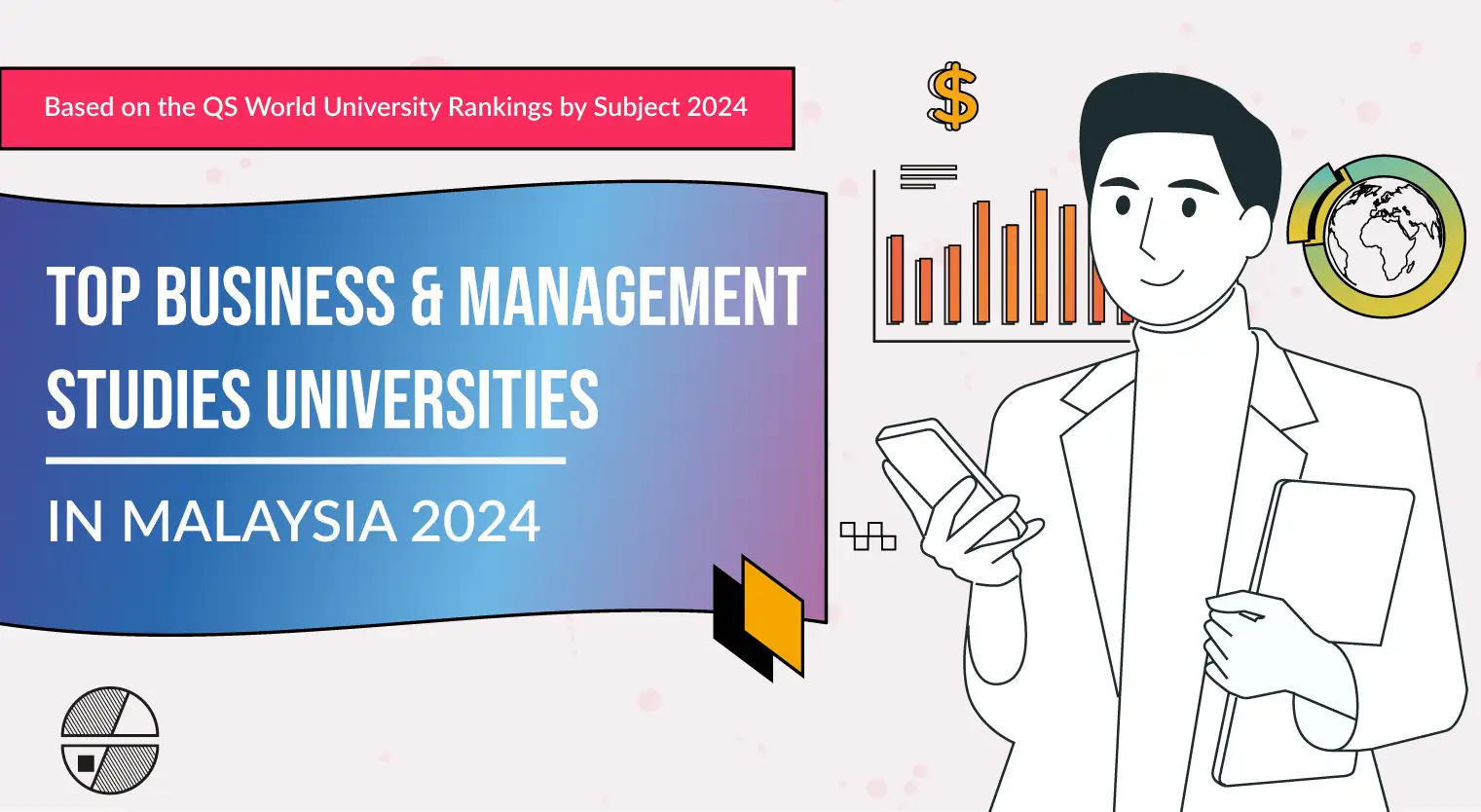The Complete Guide to Studying Business in Malaysia
Interested in business? Discover business courses and learn more about its specialisations and entry requirements with this guide.
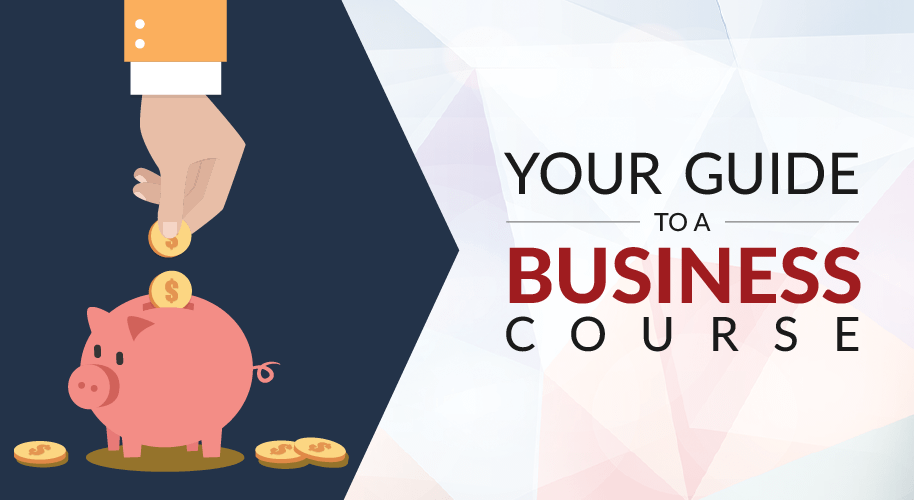
Do you want to build a billion dollar business empire like Tony Fernandes?
Well, to do that, you will have to learn the ropes of business like he did. Now, we’re not saying a Business course will guarantee you a place in the billionaire club, but it sure increases your odds!
This guide explores everything you need to know about studying a Business course in Malaysia, from what Business is and how it affects the world, to the career options that you have with a Business degree.

Asia Pacific University of Technology & Innovation (APU)
BA (Hons) in Business Management
✓Accredited by the CMI and exemptions from numerous professional bodies including MAICSA, MACS and CIMA
#1. The Basics of Business
a) What is Business?
Business touches on almost every aspect of our lives.
As a consumer, you interact with businesses when you buy groceries from a supermarket, have a meal at a restaurant, and stand in line at the bank to open a bank account. These business entities -- supermarkets, restaurants, and banks -- exist not only to serve your need as a consumer, but also to deliver profits to their owners.
In essence, a business provides goods and services to customers, in exchange for something of value (usually money, or other goods and services).
Business degrees are designed to give you a broad knowledge of how businesses work, as well as all the functional areas of running and managing a business. From managing a company’s daily affairs to planning future expansions, a Business degree will be necessary in many ways.
b) What Are the Various Fields of Business?
These are the main fields usually covered in a Business course:
| Field | What It Is All About |
|---|---|
| Accounting | Relates to recording and reporting financial transaction of a business. Accounting teaches you how to analyse and determine the state of financial health of a company. |
| Economics | Gives you an understanding of how the general economy interacts with businesses and consumers (demand and supply, competition, monopoly), and the role of governments in the world (policies, unemployment, inflation). |
| Finance | Relates to the management of money and wealth. You will learn investment and wealth creation strategies, how to allocate funds, and trade offs between financial risk and reward. |
| International Business | Provides you with the knowledge and know-how of how a multinational company runs its operations, including challenges in legal and political systems in an international context. |
| Management | A general subject field where you will learn to plan, organise, lead and direct employees to achieve company objectives, while using available resources efficiently and effectively. |
| Marketing | Equips you with the skills and knowledge required to communicate the value of a company’s product or services to its customers, to maximise profitability while building a lasting relationship. |
As you can see, there are many different fields and specialisations in a Business degree. Generally, business students have the opportunity to be exposed to multiple fields in the early stages (usually in the first year of studies), before choosing a major to specialise in.

#2. Studying a Business Course
a) Entry Requirements & Qualifications
In order to pursue a Business course, you will need to meet the entry requirements set by colleges / universities.
(1) Diploma in Business
In order to pursue a Diploma in Business, you will need to have:
- SPM / O-Level: Minimum 3 credits, including a pass in Bahasa Malaysia and History.
A typical Business diploma is 2 years long, where you will get sufficient exposure to various fields of Business, from accounting and finance to marketing and management.
You can choose to join the working world, or proceed to a Business Degree (usually entering from second year onwards), upon the completion of your Diploma in Business.
(2) Degree in Business
To pursue a Degree in Business, you need to obtain your SPM or equivalent qualification, AND also a Pre-University or a Foundation qualification.
The requirements that you will be required to meet for your Pre-University or Foundation are generally as below:
- A-Level: Minimum of 2Ds
- STPM: Minimum of 2Cs
- Canadian Pre-University: Average of 65% in 6 subjects
- Foundation in Business or Arts: Minimum CGPA of 2.00
- Relevant Diploma: Minimum CGPA of 2.00
A Business Degree is usually 3 - 4 years long, depending on the institution that you apply for.
You will be equipped with in-depth understanding of various business concepts and processes, which includes the whole range of business fields such as marketing, accounting, economics, and so on. Many universities also incorporate elements of Entrepreneurship in their Business courses.
b) How Does Your Education Pathway Look Like?
After you have completed your SPM or an equivalent qualification, you can choose to take up a Pre-University course (e.g. STPM, A-Level, Australian Matriculation, etc) or a Foundation in Business or Arts. You can also choose to pursue a Diploma in Business.
Completing one of the qualifications mentioned above, you will be eligible to pursue a Degree in Business.
Upon completing your Business degree, you may pursue postgraduate studies or choose to further specialise and sit for professional papers, such as ACCA, CPA or CFA, depending on the field you’ve chosen. ACCA and CPA are professional accounting qualifications for accounting majors, while CFA is for those who want to pursue a finance-focused career.
Professional papers are not compulsory, but they add a tremendous amount of practical working knowledge and credibility that can be very useful for your career.
c) What Will You Study in Business?
Business degrees are designed to provide you with a wide range of knowledge and skills related to the business world, while at the same time allowing you to specialise in a focused area.
Typically, you are exposed to the basics of accounting, economics, finance, management and marketing in your first year. Some examples of subjects that are commonly taught in first year Business degree are:
- Principles of Accounting
- Microeconomics & Macroeconomics
- Fundamentals of Corporate Finance
- Marketing Principles
- Introduction to Management
In your second and third year, you will usually be required to pick a field to major in (e.g. Accounting or Finance). Some universities offer “Double Majors”, which means you get to pick more than one field to further your studies in.
For example, if you take a double major in Finance and Economics, the subjects that are commonly taught are:
- Finance
- Advanced Corporate Finance
- Financial Markets
- Investment Management
- Real Estate Analysis
- Futures & Options
- Economics
- Macroeconomic Policy
- Economics of Money & Banking
- Managerial Economics
- Economics of Labour Markets
At some universities, you may be required to undergo compulsory work internships as part of the university’s Business degree programme. This is in order for you to obtain practical work experience, which can help you better understand your subject material.
d) How Much Does It Cost To Study Business in Malaysia?
A Diploma in Business can cost from RM11,700 – RM54,200. Meanwhile, the estimated cost to pursue a Business Degree is between RM23,000 – RM178,500.

Asia Pacific University of Technology & Innovation (APU)
APU Foundation Programme (Business & Finance & Social Sciences)
✓Direct pathway into dual-award degrees at APU
#3. Why Should You Study Business?
Business is one of the more popular choices among students. Here are some reasons why you should consider studying a Business course in university.
(a) Gain entrepreneurial skills
A Business degree will give you a good overview of the different functions that are critical to growing and running a business. For example, you will learn how to better manage company finances, effective ways to market goods and services, and strategies to invest and grow capital.
(b) Learn to adapt to ever-changing environments
In the world of business, market conditions are always evolving. To succeed, you will need to learn how to quickly adapt and help companies stay at the top of their game. A Business degree will teach you how to best react to new environments and take advantage of changing situations, which is a skill that you can apply to many other real life situations.
(c) Acquire problem solving skills
In business, problems arise all the time, and things often do not work out as planned. As a business owner or professional, you need to be prepared to fix problems as they happen. A Business degree teaches you how to troubleshoot problems, and provides the technique and knowledge required to solve problems on your own.

#4. What Skills Do You Need for a Business Course?
Here are some of the key skills and qualities that you will need to develop in order to do well in a Business course.
(a) Good analytical skills
There will be many reports, journals and articles that you will need to go through as part of solving questions in your assignments. You can also expect the occasional complex calculations, which may require you to flex your brains! As such, having good analytical and problem solving skills will go a long way.
(b) Ability to work with people and in teams
Businesses cannot exist without a group of people working together towards a common goal. As such, most business programmes will likely test and grow your ability to work in teams. You will likely receive many group-based assignments, where coming together as a team is more important than individual brilliance.
(c) A strong command of language
In the world of business, you will be expected to communicate your message to different types of audience. To do that, you MUST be able to express yourself clearly and effectively, both in speech and in writing. Being a good communicator is absolutely crucial in business!
#5. What Career Options Do You Have with a Business Degree?
Completing a degree in Business will prepare you for a career in banking & finance and financial planning, as well as media & advertising for marketing majors.
Here are some jobs that are highly related to a degree in Business.
- Accountant
- Bank Executive
- Corporate Financier
- Financial Planner
- Fund Manager
- Insurance Agent
- Investment Analyst
- Marketing Executive
- Research Analyst
- Stock Trader
Because you are exposed to many areas of business during your studies, having a Business degree also means you have the flexibility to apply your skills and knowledge to other industries.
Sectors where your business skills may be useful include:
- Corporate Communications
- Human Resource
- Logistics
- Management Consulting
- Market Research
- Real Estate
- Telecommunications
And if you are entrepreneurial and prefer to not work for others, there is always the option of being your own boss! With a degree in Business, you can do just that, with an added advantage over other people given your skills and knowledge acquired during your studies.

Asia Pacific University of Technology & Innovation (APU)
BA (Hons) in Business Management
✓Accredited by the CMI and exemptions from numerous professional bodies including MAICSA, MACS and CIMA
#6. Should you take up a Degree in Business?
If you are still cannot decide if Business is the right course for you, don't fret! Take our Business quiz and find out if it's the right fit for you, plus get recommendations on which business fields you should specialise in.
Remember not to let common myths or misconceptions about Business Degrees stop you from pursuing a field that you're interested in.
#7. Where Can You Study Business in Malaysia?
Here are some of the most popular universities for Business in Malaysia.
Asia Pacific University of Technology & Innovation (APU)
Bukit Jalil, Kuala Lumpur
BA (Hons) in Business Management
Intake
Mar, Jul, Sep
Tuition Fees
RM100,400
Get RM500 Waiver + RM300 Rebate when you enrol through EduAdvisor! T&C apply.
